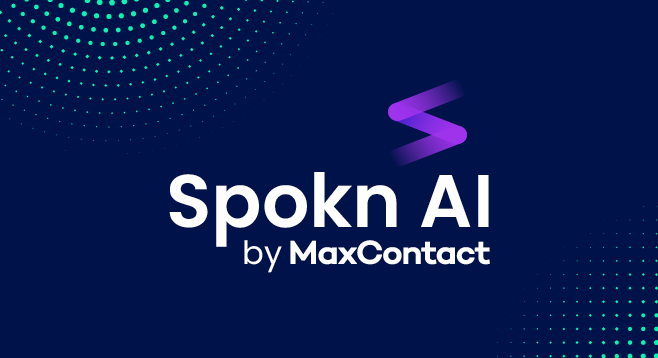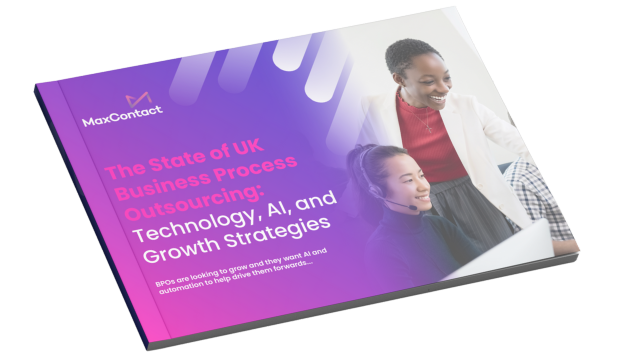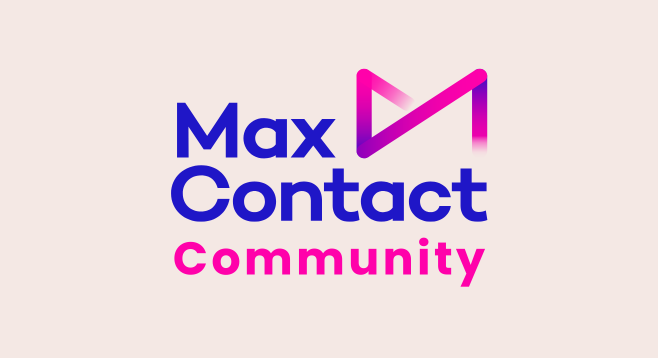Today, contact centres are sitting on a treasure trove of information that could revolutionise their operations. But how can leaders tap into this wealth of data to drive meaningful improvements? This question was at the heart of a recent presentation by Matthew Yates, VP of Engineering at MaxContact, during our Afterwork event.
Yates, with his extensive background in enterprise IT and software engineering, painted a vivid picture of the data landscape. He began with a startling comparison: the amount of data generated globally each year surpasses the number of grains of sand on all the world’s beaches. In 2023 alone, the world produced a staggering 120 zettabytes of data, with projections indicating this figure will reach 181 zettabytes in 2024.
For contact centres, this data deluge manifests in various forms: call metrics, digital channel information, customer interactions, agent performance data, and more. The challenge – and opportunity – lies in effectively harnessing this wealth of information to drive tangible improvements.
Drawing inspiration from an unlikely source, Yates shared the story of David Brailsford and the British cycling team. Brailsford’s ‘marginal gains’ philosophy, which focused on achieving 1% improvements across multiple areas, led to unprecedented success in the 2008 and 2012 Olympics. This approach, Yates argued, can be equally transformative in contact centre operations.
To implement data-driven decision making, Yates outlined three key aspects:
Setting Clear Objectives
Utilising frameworks like Objectives and Key Results (OKRs) can help align teams and focus efforts on specific, measurable goals. Yates emphasised the importance of setting clear, company-wide objectives that cascade down to departmental and individual levels.
He shared MaxContact’s experience of implementing OKRs, noting that they initially struggled with having too many objectives. They found success by limiting themselves to no more than three company-wide OKRs per quarter, ensuring these were specific, measurable, attainable, realistic, and time-bound (SMART). Yates stressed the importance of regularly reviewing progress towards these objectives, suggesting weekly check-ins to keep them at the forefront of operations.
Understanding and Managing Data
This involves conducting an audit of available data, establishing governance, leveraging appropriate tools (including AI), and making data accessible across the organisation. Yates advised contact centre leaders to start by understanding what data they currently have and identifying any gaps. This includes considering where data is stored, who has access to it, and how it’s processed.
He highlighted the importance of establishing data governance, even if it’s just assigning a data steward responsible for maintaining and updating crucial data sets. Yates also encouraged leaders to invest in appropriate tools for data analysis, including AI-powered solutions that can help generate insights from large datasets. Importantly, he advocated for making data accessible to all staff, not just management, to maximise the potential for innovation and insights.
Watch the full talk from Matthew Yates:
Creating a Data-Driven Culture
This starts with leadership setting expectations and leading by example. It also involves providing necessary training, encouraging data-backed decision making, and fostering a mindset of continuous improvement. Yates emphasised that senior leaders must demonstrate their commitment to data-driven decision making, backing up their gut feelings with hard data. He suggested implementing a policy where significant decisions require the evaluation of at least three options, ensuring a thorough analysis backed by data.
Training staff in data analysis and interpretation is crucial, as is encouraging all team members to question the data and seek opportunities for improvement. Yates likened this to the ‘marginal gains’ philosophy, where small, data-driven improvements can lead to significant overall progress over time.
Adopting a Data-Driven Approach
The benefits of adopting a data-driven approach are substantial. Citing research from McKinsey, Yates noted that organisations effectively leveraging data are 23 times more likely to acquire customers, 6 times more likely to retain them, and 19 times more likely to be profitable.

Yates encouraged contact centre leaders to foster a data-driven mindset, refine their data management and analysis tools, and embrace a culture of continuous improvement. By focusing on these areas and seeking marginal gains, contact centres can significantly enhance their performance and achieve better outcomes for both their customers and their business.
As the digital landscape continues to evolve, those who can effectively harness the power of data will undoubtedly lead the pack in the contact centre industry. The question is: will your organisation be among them?
To hear more insights on data driven performance and similar topics relating to the contact centre, join the MaxContact Community to be notified about similar future events.




